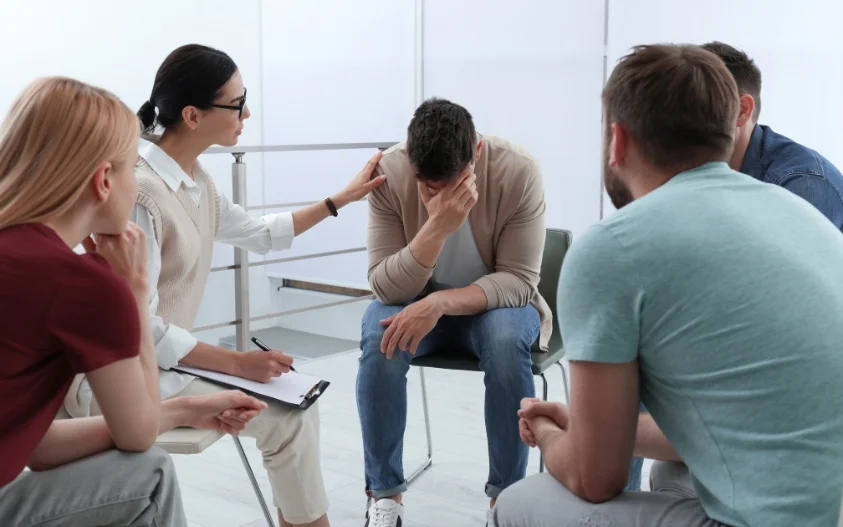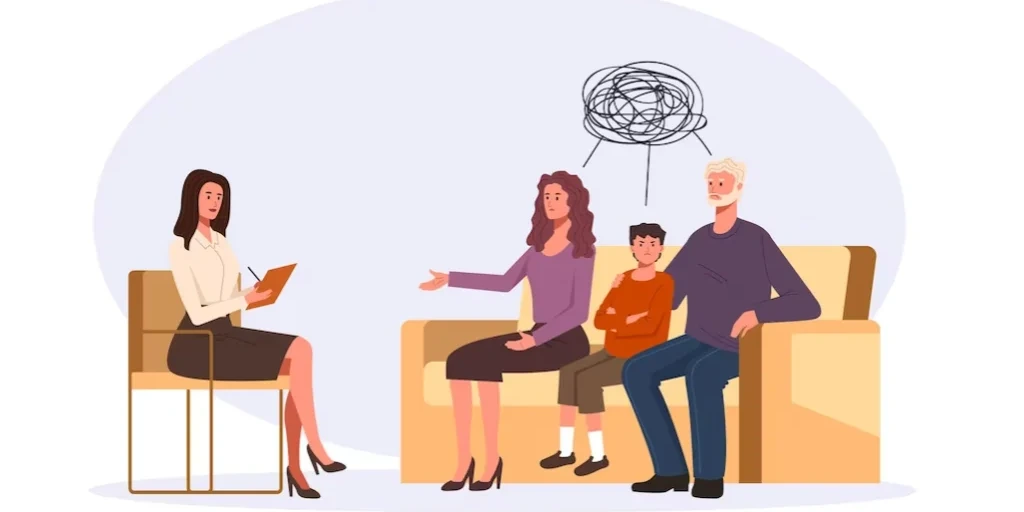24/7 Helpline:
(866) 899-221924/7 Helpline:
(866) 899-2219
Learn more about Opioid Rehab centers in Sarpy County
Other Categories in Sarpy County

Other Insurance Options

American Behavioral

Oxford

Group Health Incorporated

WellCare Health Plans

MHNNet Behavioral Health

Health Choice

Private insurance

MVP Healthcare

Amerigroup

Optum

Absolute Total Care

Lucent

Cigna

Kaiser Permanente

Providence

Sliding scale payment assistance

Magellan Health
Beacon

Self-pay options

Molina Healthcare

CHI Health Psychiatric Associates
CHI Health Psychiatric Associates is a private rehab located in Papillion, Nebraska. CHI Health Psyc...
































































Heartland Family Service
Heartland Family Service is a private rehab located in Papillion, Nebraska. Heartland Family Service...

ABH Addiction and Behavioral Health Services
ABH Addiction and Behavioral Health Services is a private rehab located in La Vista, Nebraska. ABH A...
















